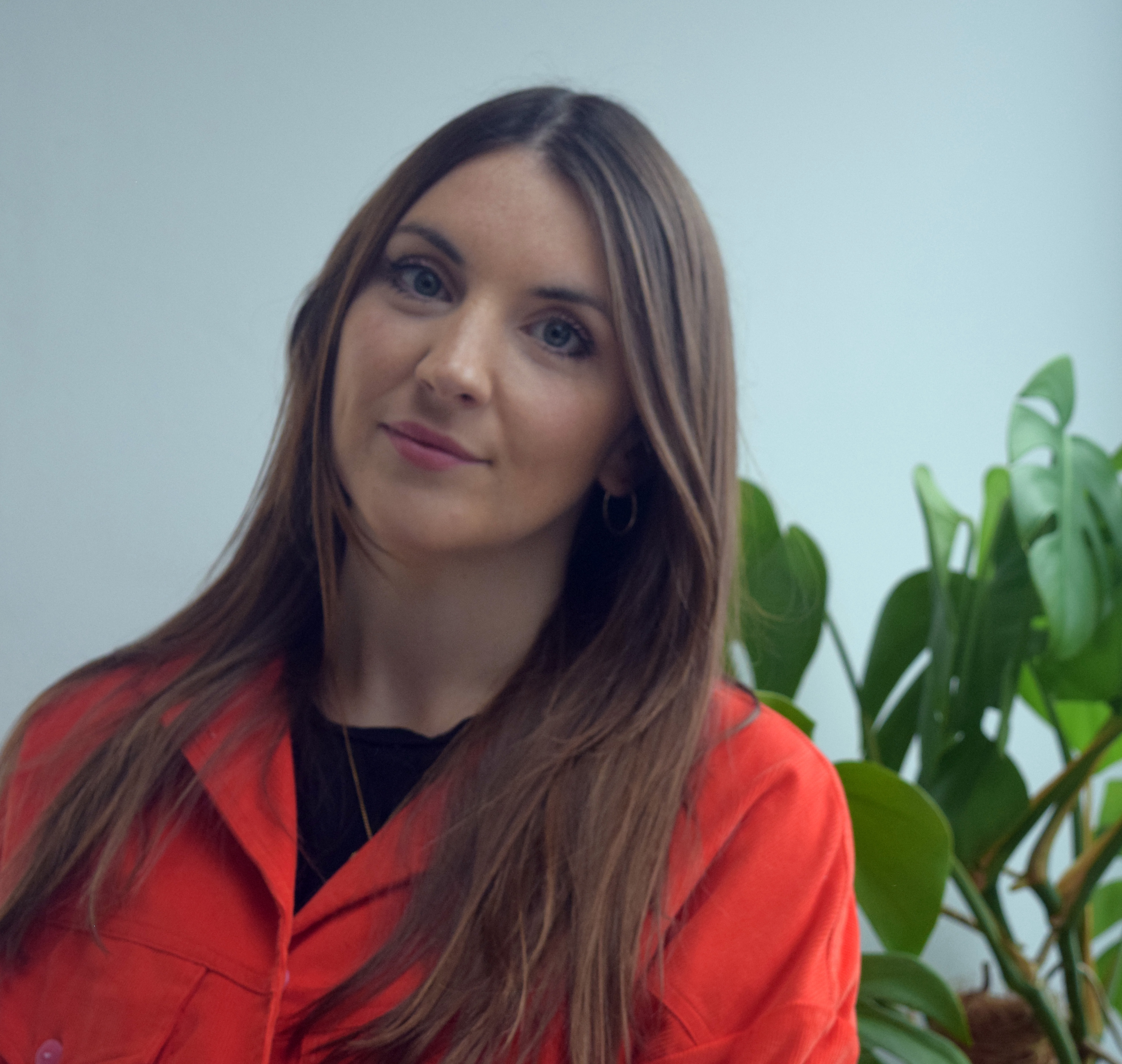Why nursing can set you up for any career, if you’re thinking of a change

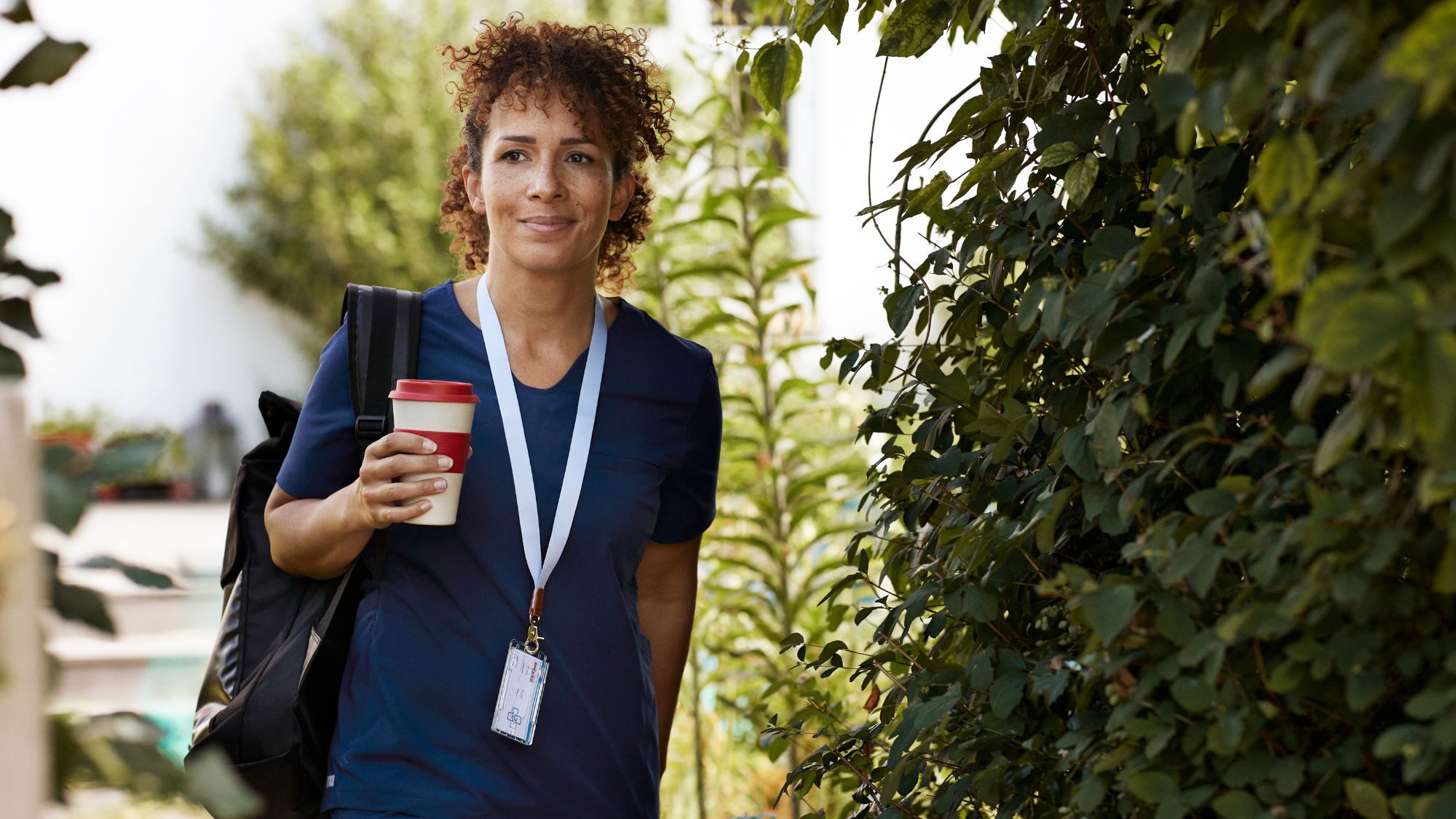
A career change for nurses could be in healthcare, or any profession that requires highly tuned communication skills, emotional intelligence or scientific knowledge
There aren’t many professions that could inspire daily, nationwide applause. But people recognise the fundamental role that nurses play in society, whether that’s during a pandemic — prompting the ‘clap for our carers’ — or otherwise.
However, while we’d never want to encourage people to leave such a critical profession, if you’re a nurse there are a variety of reasons why you might be thinking about having a change. You might feel called to work in another field, be unable to continue working in nursing due to illness or need a change of lifestyle for other reasons.
If this is the case, there are all kinds of roles that require the skills you develop as a nurse. “I think the greatest challenge for nurses when considering their career options is that there are so many choices available to them that it’s easy to feel overwhelmed,” says Dr Fiona Day, a leadership and career coach and coaching psychologist specialising in coaching for doctors and public health leaders. “There are lots of options both within nursing, within healthcare, and within the wider employment sector.”
Whether you’re an A&E nurse, general nurse or a midwife, you’ll have developed all kinds of transferable skills that employers look for. “Nurses have a fantastic collection of skills, ranging from high-level skills working with people and families, to organisational skills, to practical skills including using technology, to understanding the science of the human body and human psychology,” says Dr Day. “This means that they are able to adapt to most kinds of roles – they may need a bit of training to further enhance their skill set and develop an area of expertise.”
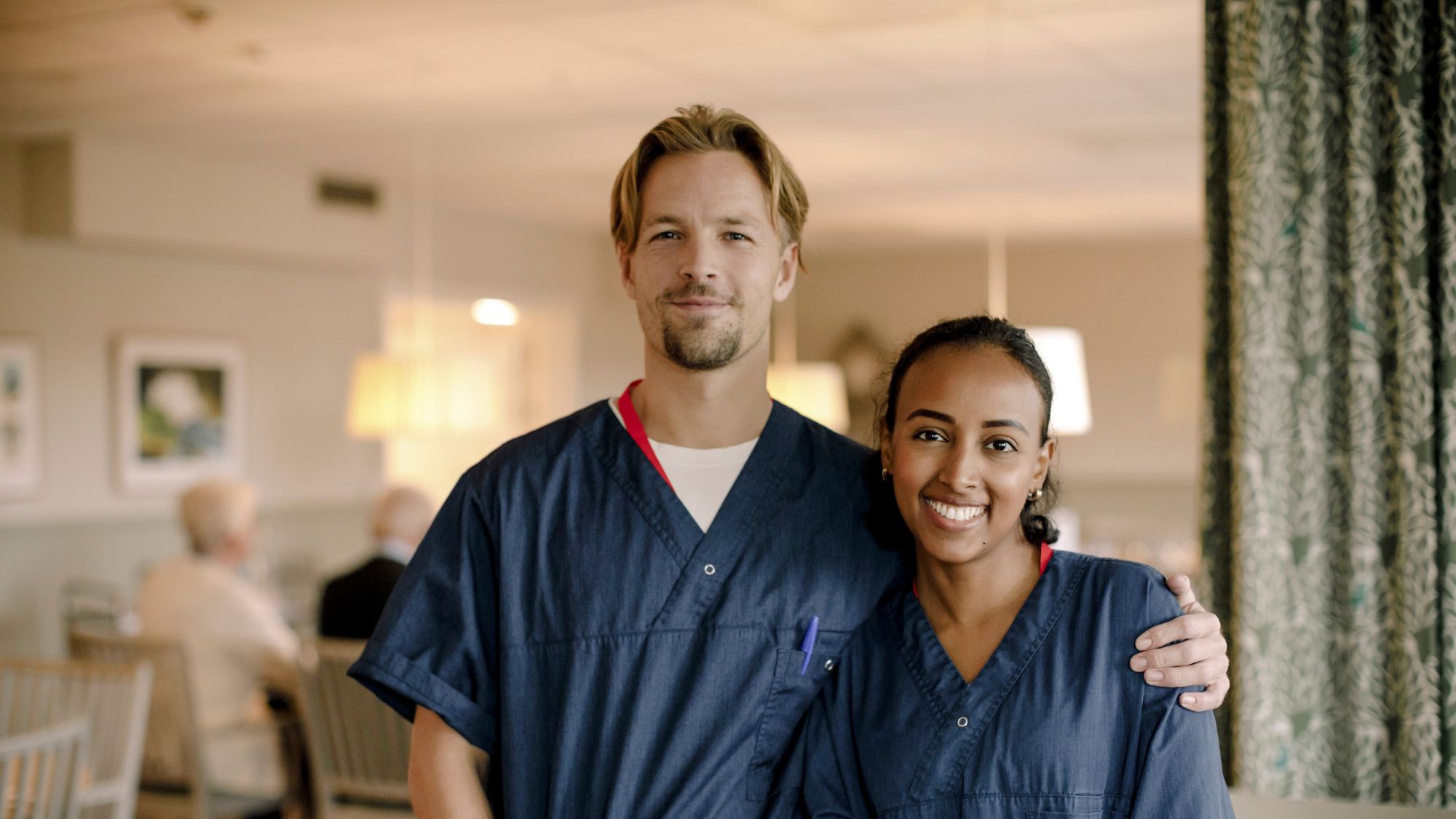
This training could be in a profession like teaching, psychotherapy, or, in Amy D'Arcy’s case, traditional soap making. Amy had worked as a mental health nurse for a decade, when she was diagnosed with breast cancer at 36. During her illness, she’d become invested in finding out more about the ingredients we put into our skin through everyday skincare products. “I wanted to create something that was natural,” says Amy, who is now 39 and lives in North Yorkshire with her husband and two children. “I've always wanted to do something creative. It was a wake up call for a change.”
Amy spent the best part of a year studying soap making and now runs her own award-winning natural skincare business called BEAM Natural Body Care. Developing her all-natural formulas required a lot of research and experimentation. “To create a skincare brand and do it safely, you need to understand your ingredients and the science,” says Amy. “A nursing degree is a science degree, so I was used to studying in that way.”
Celebrity news, beauty, fashion advice, and fascinating features, delivered straight to your inbox!
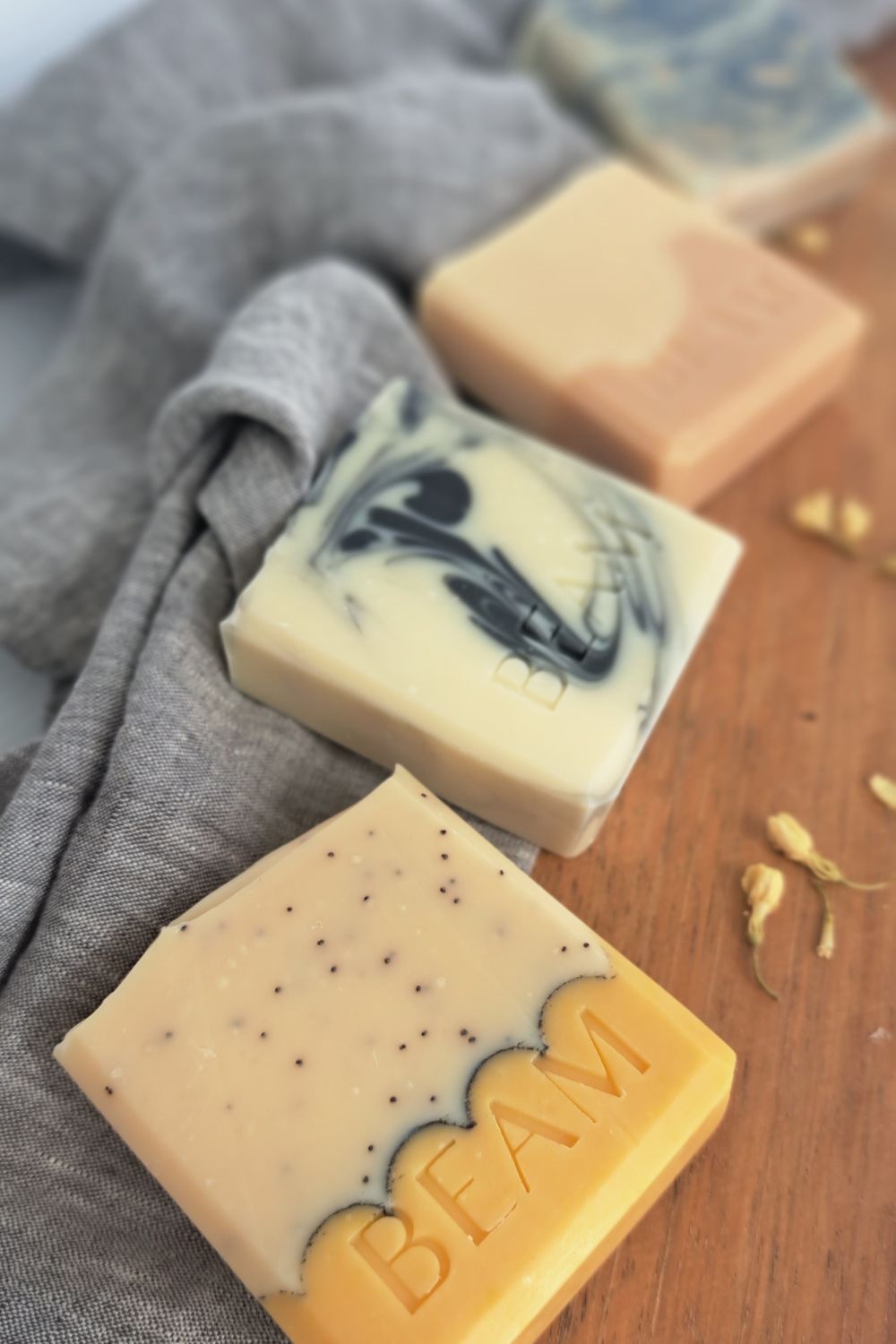
But had she not been unwell, Amy doubts she’d have made the move. “It is a very tough thing to leave a career, particularly an organisation like the NHS, where there is such amazing work and benefits,” says Amy. “Everyone knows that nursing is not an easy job — you need to be wholeheartedly in it. What I absolutely loved about it was my colleagues’ dedication, and also seeing your patients get better. It’s amazing.”
But having a change from nursing doesn’t have to be forever. Lucy Babey, 38 from Portsmouth, spent 10 years away from her original role as a cardiac nurse when she was recalled to help during the pandemic. “I feel incredibly privileged to have been able to go back to my original career,” she says. “I still absolutely loved it. Nursing became second nature again in such a short space of time. It's that close knit teamwork and passion for what you're doing. It's not a job, it’s part of your life and I don't think that ever goes away.”
Lucy had started working as a cardiac nurse when she was 21, however, at 26 she felt compelled to pursue her other big passion in life: marine biology. “I loved the environment and nature, especially the marine environment, it had always fascinated me,” she says. “I wanted to try and do my part to protect the planet. So I decided to follow my heart and my dreams. I thought, if I don't give this a go now, I'd always regret not trying.”
Lucy was just about to sign for her mortgage. Instead, she moved back in with her parents and went back to university. Lucy was able to support herself financially through her marine biology degree through part-time work in nursing. “There are so many nursing jobs out there to fit your lifestyle, it’s so flexible,” she says.
In the final year of her studies, Lucy started volunteering at ORCA — a charity to protect whales and dolphins in the UK and Europe. Now, 10 years later, she is head of science and conservation and deputy director of the charity. She manages a network of more than a thousand marine mammal surveyors and analyses vital conservation data. She also works with policymakers on legislation to safeguard marine animals and protect our oceans, and has sat on several scientific panels and government advisory bodies.
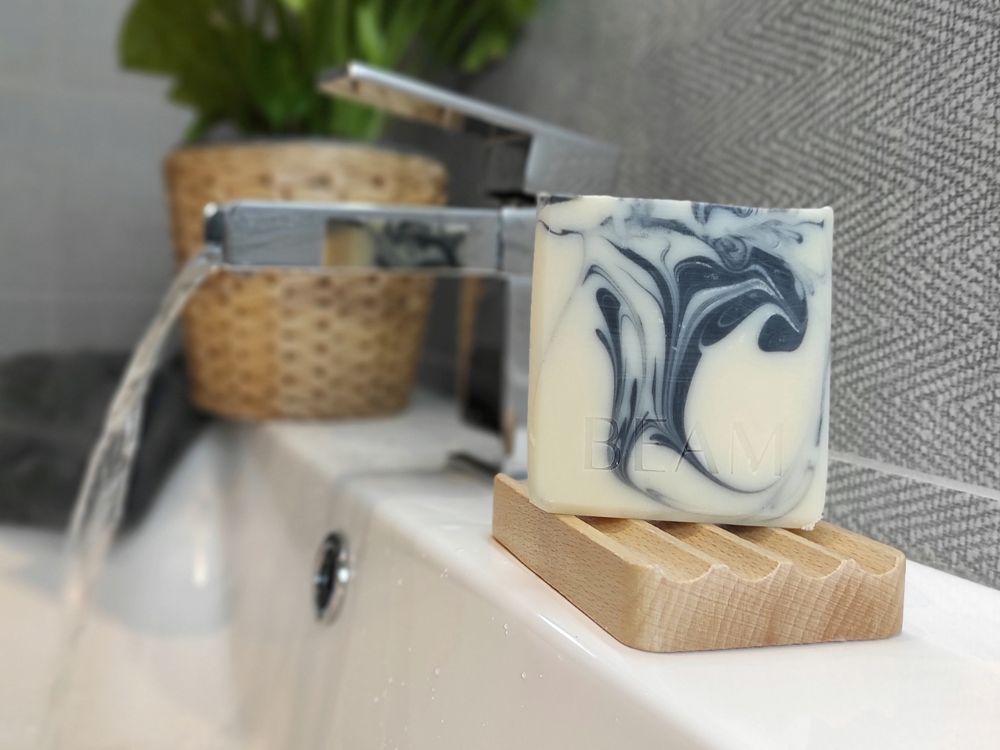
“I owe nursing a lot for the success I've had in my current career,” says Lucy. “All the skills you hone in nursing — the people skills, scientific knowledge and being able to work in a pressurised environment — they're all transferable skills, no matter what career you go on to. ”
But for Lucy, the communication skills she developed in nursing have been the most valuable. “You need to have emotional intelligence in nursing, because you're working with really vulnerable people and their families,” she says. “There's nothing worse than when a family member is unwell, and you feel so helpless. Being able to actively listen to people, empathise with them, and communicate science and quite difficult topics in an acceptable way — I’ve found all this to be fully transferable. Now, whether I'm doing a presentation on a cruise ship in the middle of Antarctica or just meeting members of the public, I know that I can get the right information and message across.”
It’s becoming more common for people to have a variety of jobs throughout their careers, whether they have a career change in your 30s, 40s or even in your 50s.
“A modern career consists of multiple chapters, underpinned by ‘serial mastery’, which is the process of developing core areas of deeper expertise — think of it as a ‘golden thread’ running through our careers,” says Dr Day (in Lucy’s case, she’s been gaining serial mastery in communication skills, for example). “I think the best piece of advice I could give would be to understand what you actually love to do, and then to build your career on that.”
After all, it seems that one of the wonderful things about nursing is that it never really leaves you. “Even though I had my career change a decade ago, I still see myself as a nurse — it’s a job you do because you love it,” says Lucy. “But we only get one shot at life. In nursing, we know that better than anybody else. So give your dreams a go. You've always got nursing to fall back on. You will always be a nurse.”
